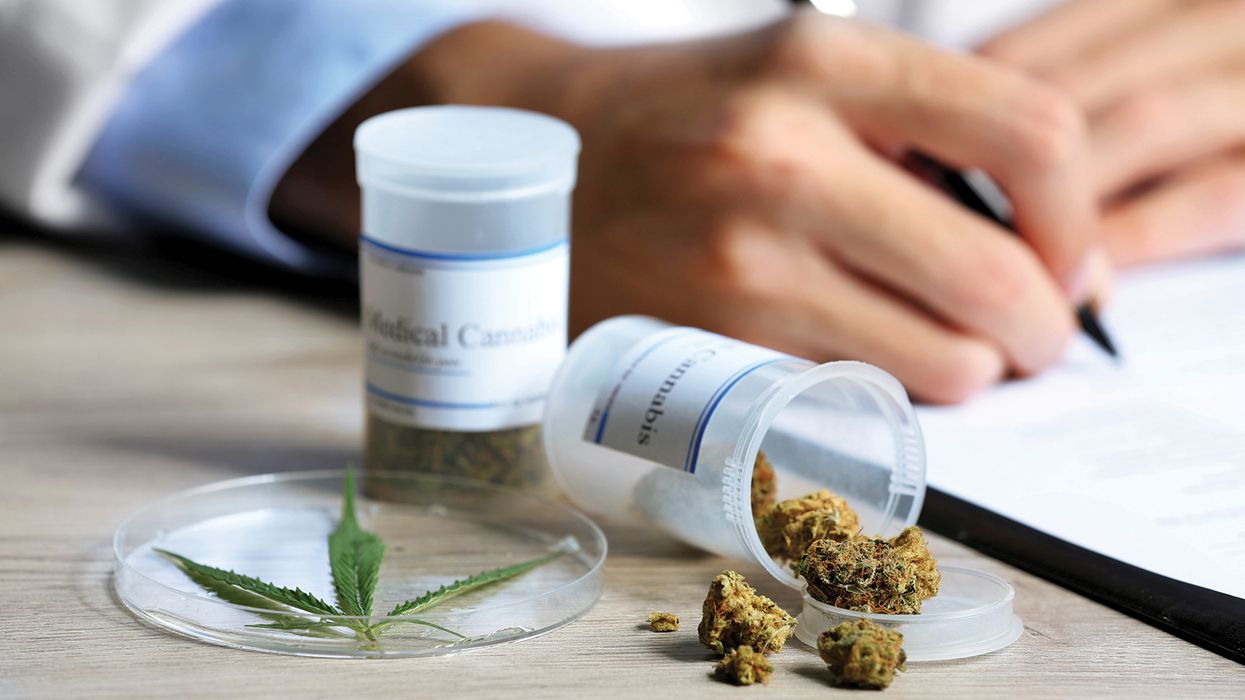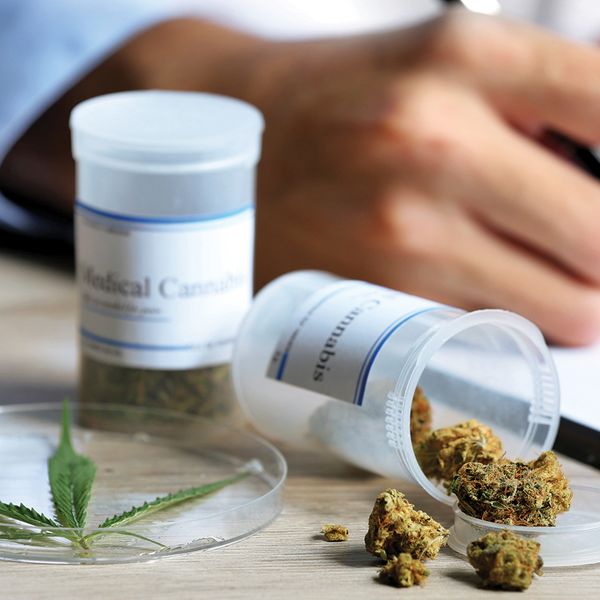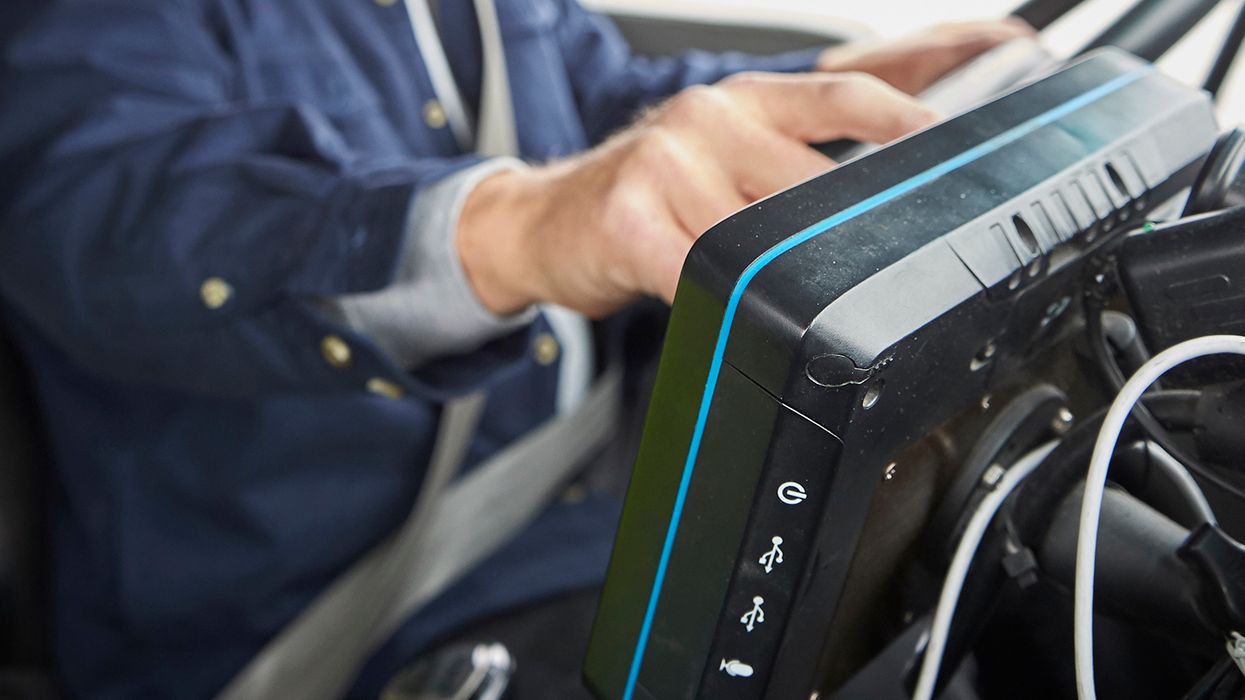Must you accommodate an employee's use of medical marijuana?
What would you do if an employee, who used medical marijuana for Post-Traumatic Stress Disorder (PTSD), was selected for random drug testing, and tested positive for marijuana? Would you accommodate, and disregard the positive test? Are you required to?
Case in point
Because of his PTSD, Edgar obtained a state medical marijuana card. After testing positive for the drug at work, he argued that the test result should have been reported as negative, or that he should have been sent for a fitness-for-duty evaluation. The employer chose the latter option and, in the interim, Edgar was placed on unpaid administrative leave pending an investigation.
Edgar’s evaluation indicated that he was fit for duty with no restrictions. Despite this, he was terminated, citing safety concerns related to his marijuana use.
The claims
Edgar sued, arguing that the employer discriminated against him on the basis of disability in violation of the ADA by firing him for a positive drug test despite his medical marijuana card, and not accommodating his positive drug test in light of his medical marijuana certificate.
The employer argued that Edgar was not a qualified individual under the ADA because he currently used a drug illegal under federal law.
The result
The court found for the employer, indicating that an ADA-qualified individual does not include employees who currently engage in the illegal use of drugs, when the employer acts on the basis of such use. The ADA’s definition of an illegal drug refers to the federal Controlled Substances Act, which classifies marijuana as a Schedule I illegal substance.
Although the employee may have had some protections under state law (the applicable law in this case prohibits discrimination on the basis of authorized use of marijuana), the federal ADA provides no protection against discrimination on the basis of medical marijuana use, even where that use is state-authorized and physician-supervised.
Employer beware
Medical marijuana users may still be protected by the ADA because of their disability, even though use of medical marijuana might not be a reasonable accommodation. If Edgar could have claimed that he was discriminated against on the basis of his PTSD, and not his use of marijuana, the ruling could have been very different. Edgar’s employer was not, however, aware of his PTSD — only of his marijuana card.
Even though Edgar tried to argue that the employer should have been aware of his condition because he had a medical marijuana card, the ADA makes no exception for illegal drug use caused by an underlying disability, and instead explicitly provides that employers may drug test employees and terminate them on the basis of illegal drug use without violating the ADA.
Eccleston v. The City of Waterbury, Dist. Court, D. Connecticut, No. 3:19-cv-1614, March 22, 2021
Key to remember: While you need not accommodate an employee’s medical marijuana use under the ADA, you may need to accommodate an employee’s medical condition for which an employee uses medical marijuana. State laws may also require you to accommodate medical marijuana use outside of work. Tread carefully.



















































